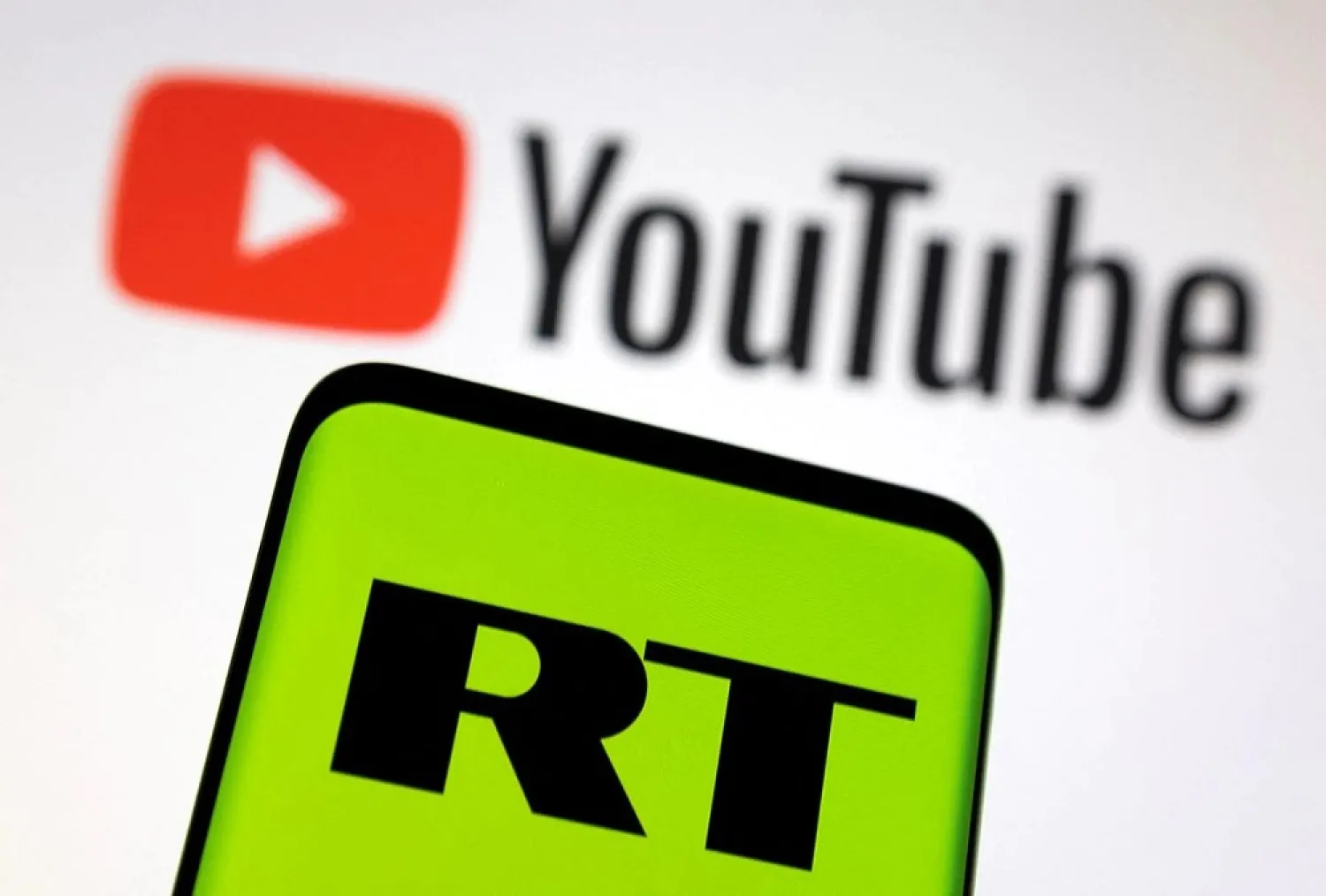Sam Altman, head of ChatGPT maker OpenAI, told a global artificial intelligence conference on Thursday that the world "urgently" needs to regulate the fast-evolving technology.
An organization could be set up to coordinate these efforts, similar to the International Atomic Energy Agency (IAEA), AFP quoted him as saying.
Altman is one of the hosts of top tech CEOs in New Delhi for the AI Impact Summit, the fourth annual global meeting on how to handle advanced computing power.
Frenzied demand for generative AI has turbocharged profits for many companies while fueling anxiety about the risks to individuals and the planet.
"Democratization of AI is the best way to ensure humanity flourishes," Altman said, adding that "centralization of this technology in one company or country could lead to ruin".
"This is not to suggest that we won't need any regulation or safeguards," he said. "We obviously do, urgently, like we have for other powerful technologies."
Many researchers and campaigners say stronger action is needed to combat emerging issues, ranging from job disruption to sexualized deepfakes and AI-enabled online scams.
"We expect the world may need something like the IAEA for international coordination of AI," with the ability to "rapidly respond to changing circumstances", Altman said.
"The next few years will test global society as this technology continues to improve at a rapid pace. We can choose to either empower people or concentrate power," he added.
"Technology always disrupts jobs; we always find new and better things to do."
Generative AI chatbot ChatGPT has 100 million weekly users in India, more than a third of whom are students, he said.
Earlier on Thursday, OpenAI announced with Indian IT giant Tata Consultancy Services (TCS) a plan to build data center infrastructure in the South Asian country.









